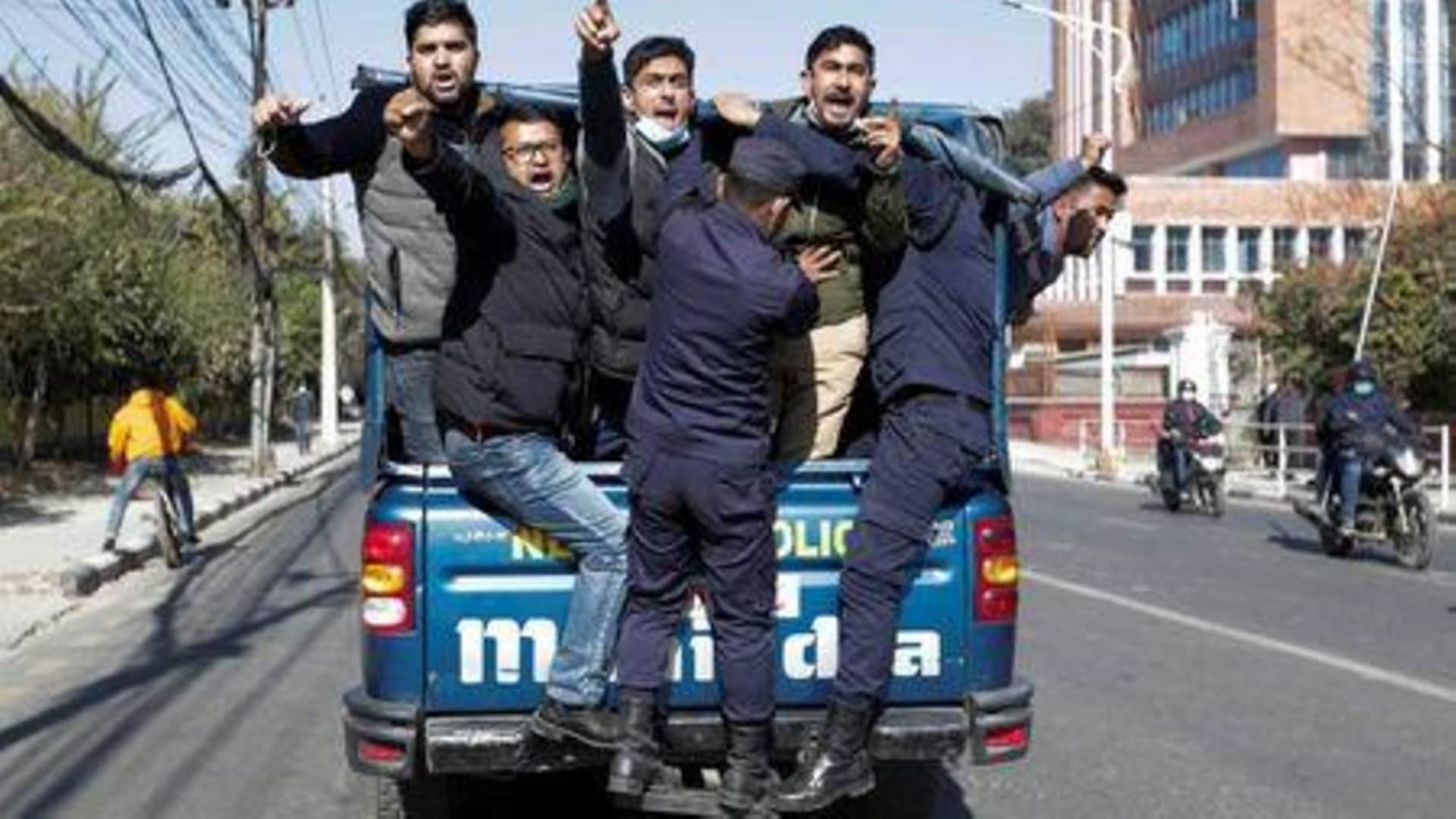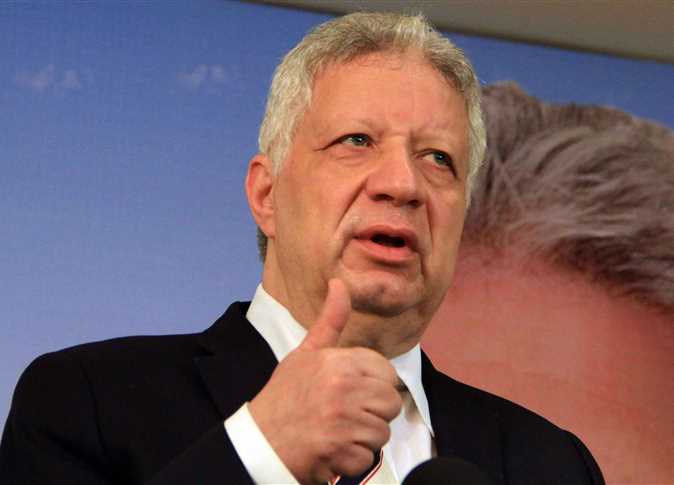New amendments to laws regulating the Egypt’s electoral process, which were announced by the ruling military council Wednesday, could pave the way for remnants of deposed President Hosni Mubarak's regime to infiltrate the new parliament through corrupt elections, politicians and political analysts say.
Furthermore, the amendments could engender an exceedingly complex voting system and allow Egypt’s military rulers to maintain the upper hand over a weak parliament, especially in drafting a new constitution.
According to Supreme Council of the Armed Forces’ (SCAF) constitutional declaration last March, a parliamentary committee is entitled to draft the constitution; however, the composition of this committee has been debated by major political forces who believe that civil society forces should have a say in the drafting process.
“These amendments won’t lead to the formation of a parliament that is installed by fair, competitive and modern measures,” said Hassan Nafaa, chairman of the political science department at Cairo University. “The SCAF wants a divided parliament that is unable to challenge the power of the ruling council.”
The SCAF on Wednesday issued amendments to three laws regulating the selections of members of parliament in both the People's Assembly and Shura Council, as well as a law on exercising political rights.
Retaining a constitutional provision that gives the president the power to appoint 10 members of parliament, the amendments also set the number of seats in parliament at 504. The last parliament, elected last November, had 518 seats, including 64 reserved for women.
The amendments also removed the women's quota, which was introduced in the 2010 parliamentary elections.
Waleed Abdel Mageed, a political analyst, reassured that setting the number of seats at 504 was simply a technical issue. “The number is related to divisions of the constituency and I think has no significance as such,” he said.
The most significant amendment is that the new system will adopt mixed electoral methods, in which half of the members of parliament will be elected under a candidate-based system, while the other half will be chosen through closed lists.
The country will be divided into 126 constituencies with a the single-seat system and 58 constituencies with a closed list vote. The SCAF has not yet indicated how the constituencies will be divided.
“This complicated method brushed aside demands by political parties to have proportional voting lists in which most of the candidates must be members of political parties,” said Wael Nawara, secretary general of the liberal Ghad Party. “The new amendments mix two methods of voting, which will not strengthen the party system.”
The main beneficiaries of the mixed voting system are expected to be individuals, including influential former members of the National Democratic Party (NDP), and well-established political forces, mainly the Muslim Brotherhood.
In 1983, the government issued an electoral law that aimed to strengthen Egypt's fledgling multi-party system by adopting proportional voting lists. In 1986, however, the Supreme Constitutional Court ruled the law unconstitutional, since it barred those not affiliated with political parties from running in elections.
The previous single-seat system is believed by many political observers to have been the main reason for members of parliament winning seats due to vote buying, intimidation or tribal affiliation.
Observers say that the new amendments will allow members of the now-disbanded NDP to run and win based on tribal affiliations or their financial capacity to buy votes.
“By this method, the remnants of the former regime will have the right to run in the elections. This means that the parliament will not reflect the real forces behind the revolution,” said Nafaa. “It means also that those forces linked to the former regime would hinder any radical changes.”
Last month, the state-sponsored National Accord Conference recommended that leading members of Mubarak's former party be banned from carrying out any political activities for at least five years.
“This mixed system will not bring the parliament that represents the revolution,” said Abdel Mageed. “Such a system will not help people to choose the best candidates in terms of their political qualifications. Tribalism and vote buying will remain strong.”
Many political forces had hoped that amendments to the electoral law would tackle the role of money in elections and place some limits on campaign spending.
“Not saying a word about spending during the elections means simply that it’s a rigged election.” said Nawara. “We’ve seen in the last elections how money was crucial tool in manipulating the will of the people and buying parliamentary seats.”
The new law also lowers the minimum age for candidacy for the People's Assembly from 30 to 25, in what Nawara calls “a positive step to enable the youth who were the main force in the revolution to run in elections.”
Rules for the Shura Council, which has limited legislative influence, remain the same: candidates must be at least 35 years old, and the newly elected president will appoint 100 of the body's 390 members.
“The SCAF didn’t initiate radical changes. It only kept all the institutions that were manipulated by Mubarak,” Nafaa said. “All the political powers have traditionally cast doubts over the limited role of the Shura Council. This upper house doesn’t have any strong role within the political system.”
At Wednesday’s press conference, General Mamdouh Shaheen, a member of the SCAF and the assistant to the minister of defense for legal affairs, also said that there will be no international monitors observing upcoming parliamentary elections, despite calls for them from various political groups.
"We have nothing to hide," he said. "We reject anything that affects our sovereignty."
Abdel Mageed argued that the refusal lies in the term “monitoring”.
“In Arabic, the word reqaba has the meaning of interference. But if people mean eshraf (observation), I think is possible to have [monitors],” said Abdel Mageed, noting that the refusal of international monitors is simply a declaration, and does not come from any legal provision.




